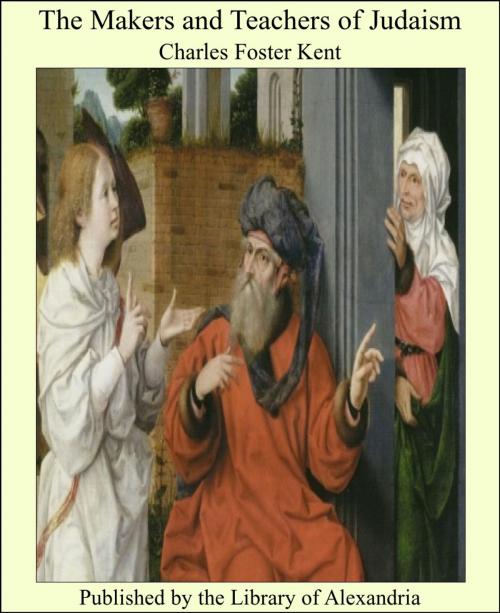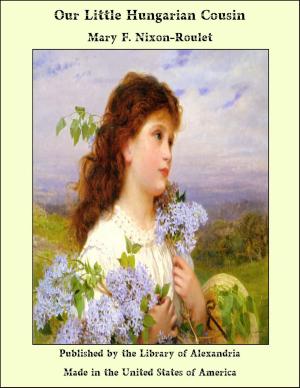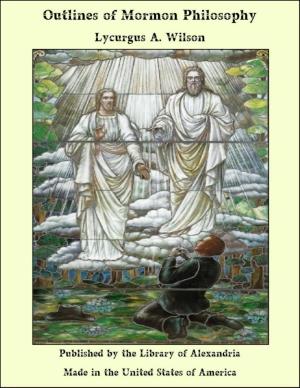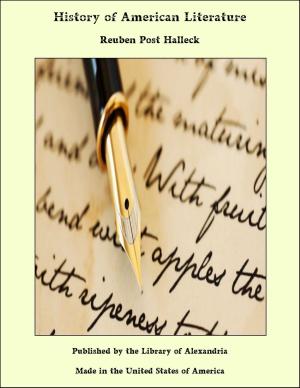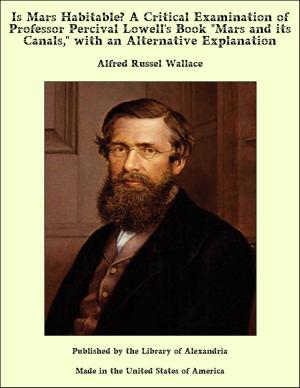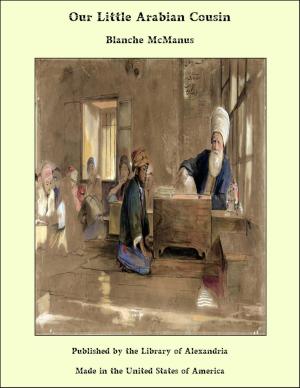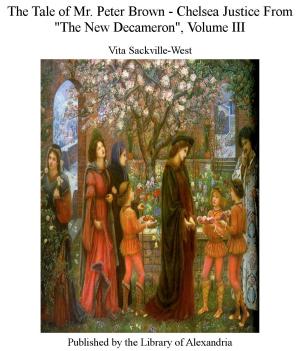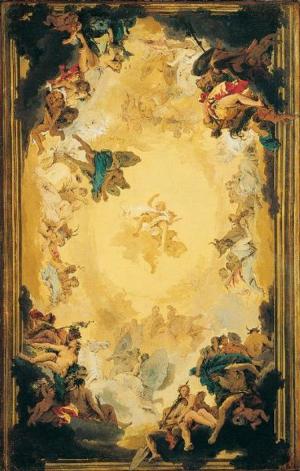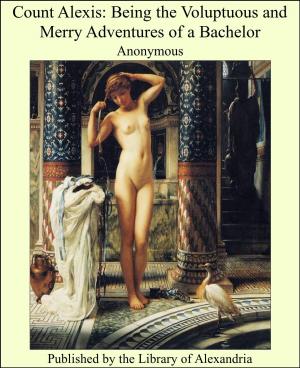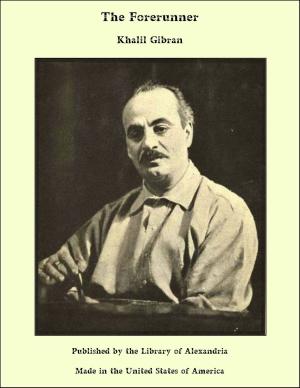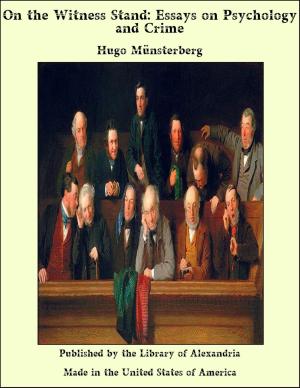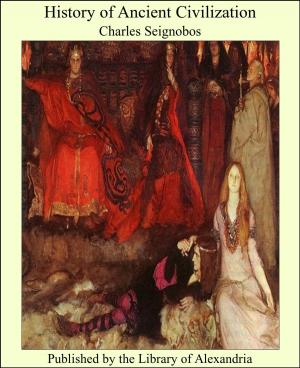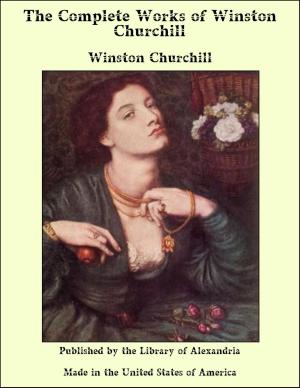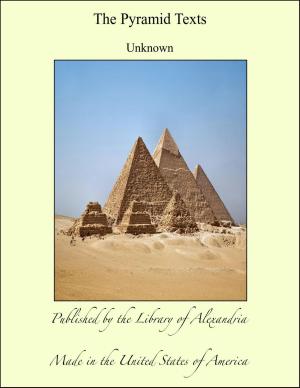The Makers and Teachers of Judaism
Nonfiction, Religion & Spirituality, New Age, History, Fiction & Literature| Author: | Charles Foster Kent | ISBN: | 9781465537188 |
| Publisher: | Library of Alexandria | Publication: | March 8, 2015 |
| Imprint: | Language: | English |
| Author: | Charles Foster Kent |
| ISBN: | 9781465537188 |
| Publisher: | Library of Alexandria |
| Publication: | March 8, 2015 |
| Imprint: | |
| Language: | English |
The period represented by this volume is in many ways the most complex and confusing in Israel's history. The record is not that of the life of a nation but of the scattered remnants of a race. It was inevitable that under the influence of their varied environment, the survivors of the Jewish race should develop very different beliefs and characteristics. The result is that many different currents of thought and shades of belief are reflected in the literature of this period; some of it is dross, but much of it is purest gold. While the period following the destruction of Jerusalem was a reflective and a retrospective age in which the teaching of the earlier priests and prophets gained wide acceptance, it was also a creative era. Fully half of the literature of the Old Testament and all of the important writings of the Apocrypha come from these tragic five centuries. Although the historical records are by no means complete, the great crises in Israel's life are illuminated by such remarkable historical writings as the memoirs of Nehemiah, the first book of Maccabees, and the detailed histories of Josephus. The majority of the writings, however, reveal above all the soul of the race. Out of its anguish and suffering came the immortal poems found in Isaiah 40-66, the book of Job, and the Psalter. Instead of the distinctly nationalistic point of view, which characterizes practically all of the writings of the pre-exilic period, the interest becomes individual and the outlook universal. During these centuries Israel's prophets, priests, and sages became not merely teachers of the nation but of humanity. Conspicuous among the great teachers of his day stands the noble sage, Jesus the son of Sirach, who gleaned out and presented in effective form that which was most vital in the earlier teaching of his race. In his broad, simple faith in God and man, in his emphasis on deeds and character, as well as ceremonial, and in his practical philosophy of life he was a worthy forerunner of the Great Teacher whose name he bore
The period represented by this volume is in many ways the most complex and confusing in Israel's history. The record is not that of the life of a nation but of the scattered remnants of a race. It was inevitable that under the influence of their varied environment, the survivors of the Jewish race should develop very different beliefs and characteristics. The result is that many different currents of thought and shades of belief are reflected in the literature of this period; some of it is dross, but much of it is purest gold. While the period following the destruction of Jerusalem was a reflective and a retrospective age in which the teaching of the earlier priests and prophets gained wide acceptance, it was also a creative era. Fully half of the literature of the Old Testament and all of the important writings of the Apocrypha come from these tragic five centuries. Although the historical records are by no means complete, the great crises in Israel's life are illuminated by such remarkable historical writings as the memoirs of Nehemiah, the first book of Maccabees, and the detailed histories of Josephus. The majority of the writings, however, reveal above all the soul of the race. Out of its anguish and suffering came the immortal poems found in Isaiah 40-66, the book of Job, and the Psalter. Instead of the distinctly nationalistic point of view, which characterizes practically all of the writings of the pre-exilic period, the interest becomes individual and the outlook universal. During these centuries Israel's prophets, priests, and sages became not merely teachers of the nation but of humanity. Conspicuous among the great teachers of his day stands the noble sage, Jesus the son of Sirach, who gleaned out and presented in effective form that which was most vital in the earlier teaching of his race. In his broad, simple faith in God and man, in his emphasis on deeds and character, as well as ceremonial, and in his practical philosophy of life he was a worthy forerunner of the Great Teacher whose name he bore
